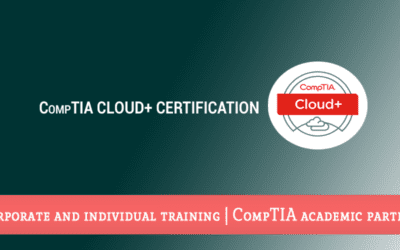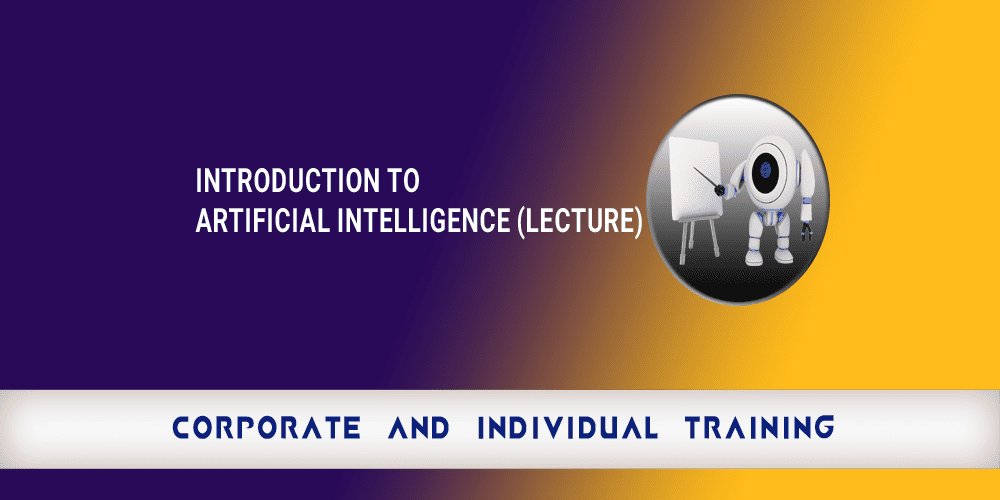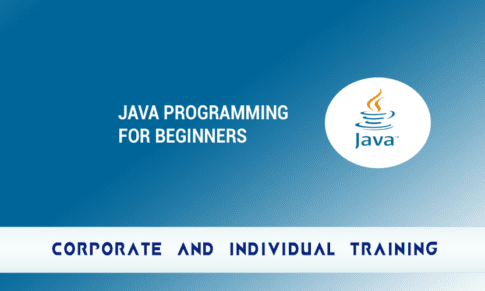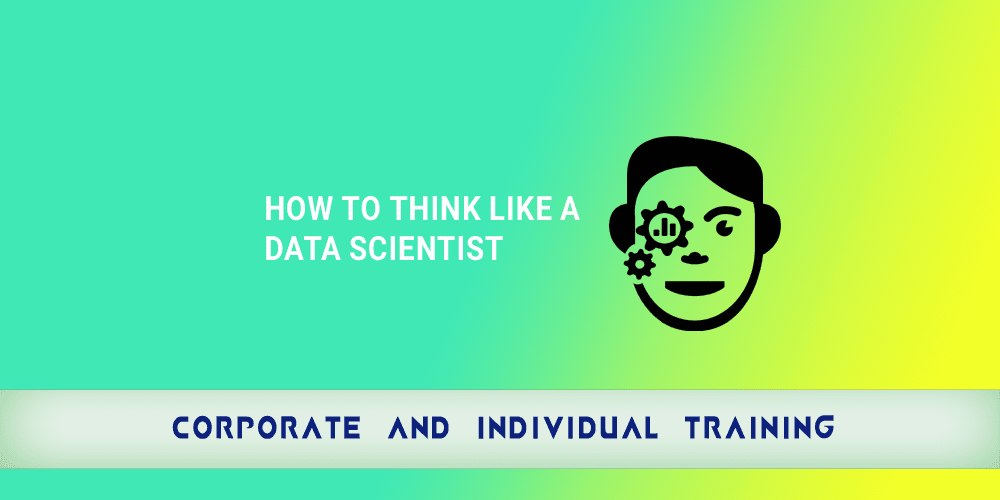Applied Data Science using Python Libraries like Pandas, Matplotlib and Scikit-Learn
- Created By raju2006
- Last Updated February 16th, 2025
- Overview
- Prerequisite
- Audience
- Curriculum
Description:
This Applied Data Science using Python course will provide you with a thorough understanding of each of the key Python libraries used for data science. Specifically, you will learn NumPy, Pandas, Matplotlib and Scikit-learn, known as the Python data stack.We will perform data exploration, analysis, visualization and modeling. The course will culminate with you applying these tools to a hands-on data science project.
Long Description:
Unlock the world of Applied Data Science using Python with a comprehensive training program. Gain an in-depth understanding of essential Python libraries for data science, including NumPy, Pandas, Matplotlib, and Scikit-learn—collectively known as the Python data stack. This course takes you on a journey through data exploration, analysis, visualization, and modeling, providing you with practical skills. Learn the data science process and effective problem-solving techniques, from data cleaning and transformation to preparation for analysis. Dive into descriptive and inferential statistics, empowering you to perform hypothesis testing for deeper insights into your data. Explore machine learning and predictive analytics, understanding various model performance metrics and the art of selecting the best model for your projects. Cap off your learning journey by applying these valuable tools to a hands-on data science project. Elevate your data science skills with our "Applied Data Science using Python" training, and unlock a world of possibilities in this dynamic field.
Course Code/Duration:
BDT4 / 3 Days
Learning Objectives:
After this course, you will be able to:
- Install Anaconda on a personal computer.
- Have a clear understanding ofdata science and its role
- Understand the data science process
- Understand foundational descriptive statistics
- Understand foundational inferential statistics
- Understand the reasons for Python’s popularity in data science.
- Learn the primary libraries for data science in Python including NumPy, Pandas, Matplotlib and Scikit-learn.
- Interact with and manipulate data arrays and matrices using NumPy
- Perform exploratory data analysis using Pandas.
- Use Matplotlib and Seaborn to perform data visualization.
- Properly clean and prepare data for machine learning
- Apply machine learning on a variety of datasets
- Complete a data science project, end to end
- Understand the big picture and the importance of data science in industry, research and technology.
- Basic Python Programming
- Data Analyst, Statistician, Data Scientist, Programmer and professionals in machine learning
Course Outline:
Day 1:
- Course introduction
- Install Anaconda
- Overview of Data Science
- The data science process
- Identifying a problem and asking good questions
- Descriptive statistics
- Milestone 1: Learn how to use Jupyter Notebooks
- Essential libraries
- Numpy
- Pandas
- Matplotlib
- Milestone 2: Exploratory data analysis
Day 2:
- Getting data
- Feature selection
- Strategies for imputing missing data
- Inferential statistics
- Essential libraries
- Statsmodels
- Scikit-learn
- Confidence intervals
- Hypothesis testing
- Milestone 3: Significance testing
- Transforming data
- Binary encoding
- One-hot encoding
- Feature Engineering
- Training and test sets
- Standardizing data
- Milestone 4: Data modeling
Day 3:
- Machine learning
- K-fold cross validation
- Box plot
- Measuring performance
- Milestone 5: Model selection
- Refining the model
- Hyperparameter tuning
- Grid search
- Milestone 6: End-to-end project
- Next steps
Structured Activity/Exercises/Case Studies:
Day 1:
- Milestone 1 – Learn how to use Jupyter Notebooks
- Milestone 2 – Exploratory data analysis
Day 2:
- Milestone 3 – Significance testing
- Milestone 4 – Data modeling
Day 3:
- Milestone 5 – Model selection
- Milestone 6 – End-to-end project
Training material provided:
Yes (Digital format)




